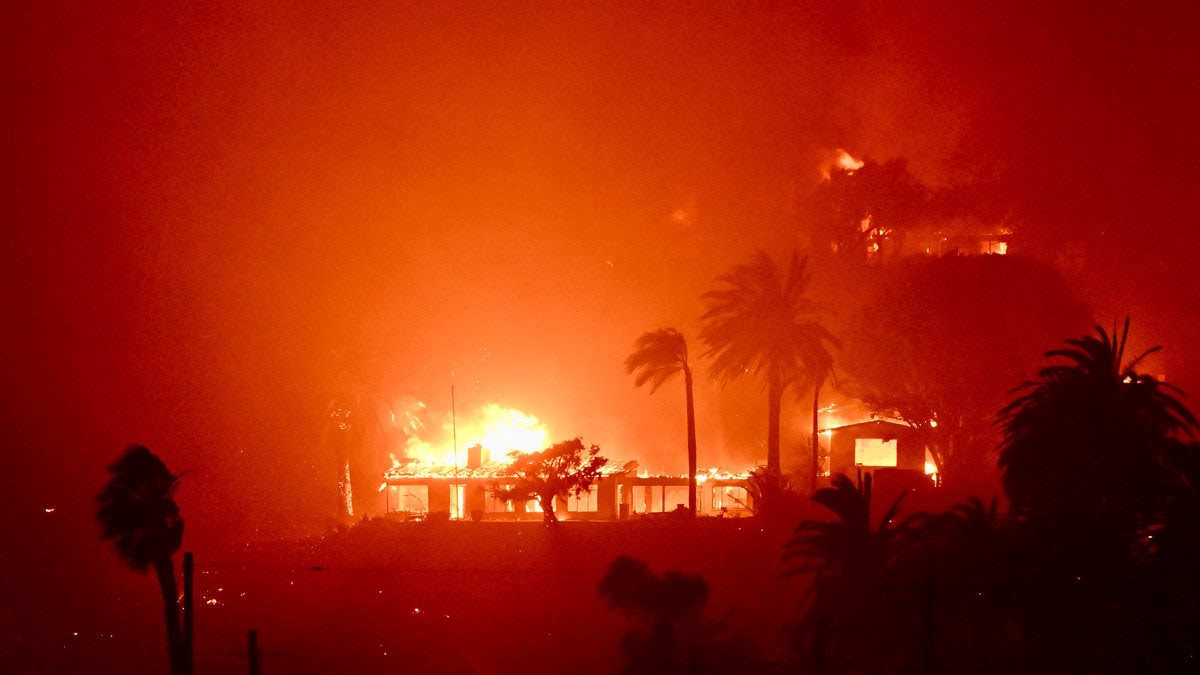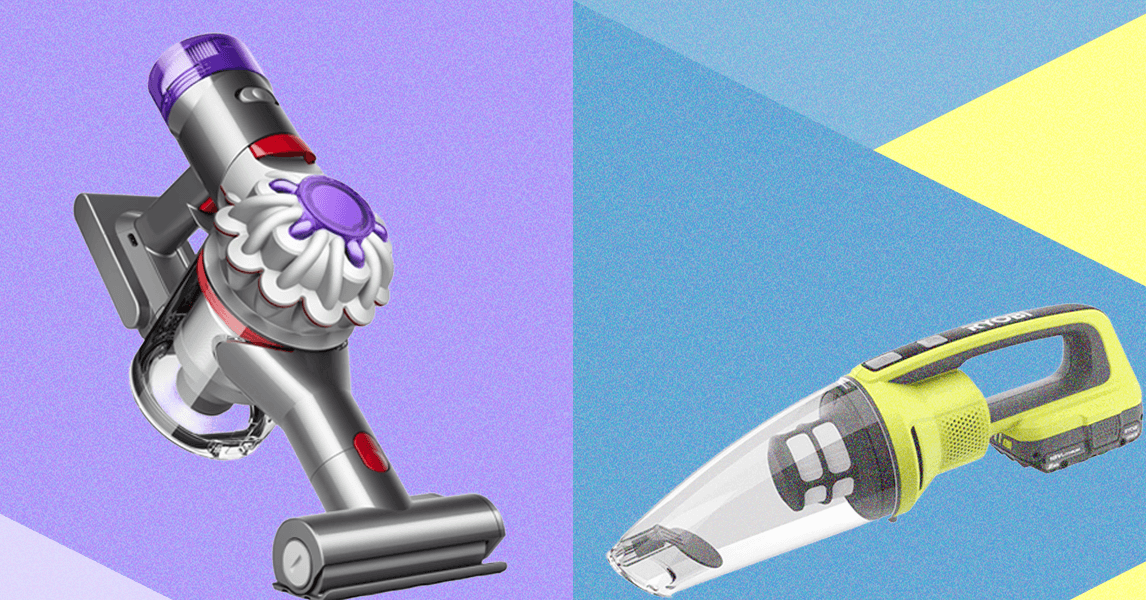
The first step is to get in touch with your insurer or the agent who sold you your homeowners insurance. The insurance company will assign an adjuster, who will assess the damage and submit an estimate for review. The amount you’re paid will depend on the kind of coverage you have. Though “replacement cost” coverage should cover the cost of repairing or replacing your home and any lost or damaged items, “actual cash value” coverage will pay you the value of your home and the damaged items inside, less depreciation.
To make sure you get your due, follow these tips:
Document all losses. After the fire, take photos of the damage and make a list of items that were destroyed or need repair. Include the amount you paid for the items and gather any receipts you can find.
Verify the adjuster’s identity. Scammers can appear after natural disasters. To protect yourself, ask the insurance company for the adjuster’s name before he or she arrives and ask for identification before letting the person into your home.
Show the adjuster all the damage. Make sure that you are home when the adjuster visits and that he or she gets a complete view of everything that was lost or damaged. It’s not enough just to walk through part of your home.
Document all contact with the insurance company. After the adjuster leaves, remain in contact by email so that you have a backup of all your communication. Keep notes about when an adjuster visits, any missed appointments, unreturned phone calls, what you discussed, and even whether he or she was rude. Though you probably won’t need this information, it will be useful if any disagreements have to be resolved in court.
Make copies of all documents. Copy everything you give to the adjuster, such as your list of property lost or damaged. If the adjuster advises you to start repairs, get that permission in writing. If the first adjuster is replaced during the claims process, the paper trail will serve as proof that the initial adjuster approved the start of repairs.
Get additional estimates if necessary. If your house has custom work, an adjuster may not know how to properly estimate its value. Get an outside estimate from a contractor.
Verify what’s covered by your policy. In addition to covering damage caused by fire and smoke, the standard homeowners and renters insurance policy covers damage caused by firefighters while extinguishing a fire. Standard homeowners and renters’ policies may also provide coverage for the “loss of use” of your home, and for additional living expenses (ALE) such as rent or hotel bills, restaurant meals, transportation, clothing, and other expenses—up to a limit—when your home becomes uninhabitable or inaccessible due to fire. If your home is accessible and habitable but you can’t go back to it due to mandatory evacuation orders, you’re covered for ALE, up to a limit.
Discuss any exclusions or limits in your policy. If your insurer maintains that your policy doesn’t cover all the damages or if you think the compensation is too low, ask the carrier’s representative to explain in writing how he or she got to the estimate. The rep should also include any reason certain items aren’t covered and whether there are any coverage limits.
If you think the wording in the policy is misleading, contact a local plaintiff’s attorney who specializes in insurance law. The Consumer Federation of America notes that courts have consistently ruled in favor of policyholders on policy ambiguities. File a complaint with your state’s Department of Insurance.









